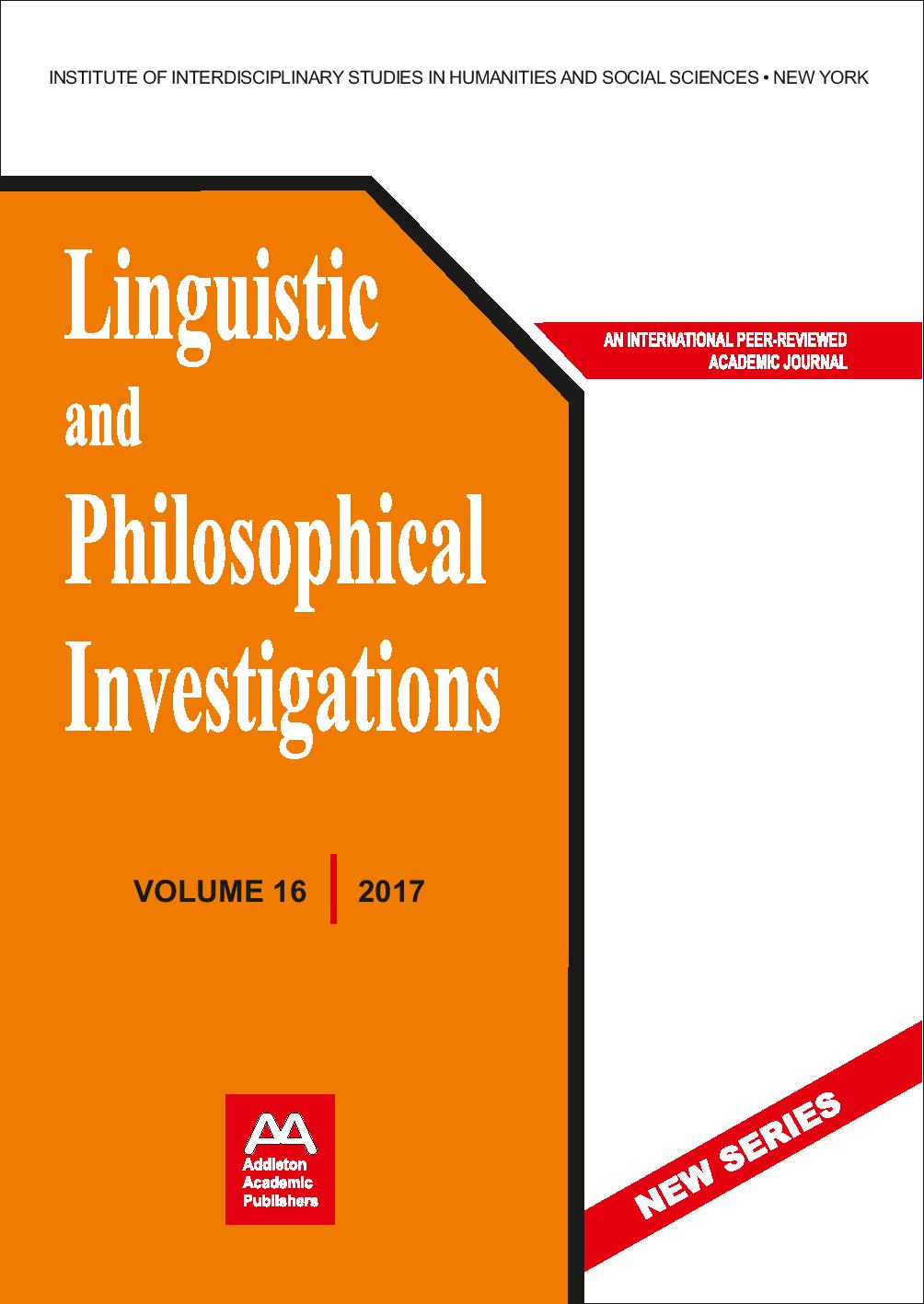DO IGNORANT ASSESSORS CASES POSE A CHALLENGE TO RELATIVISM ABOUT EPISTEMIC MODALS?
DO IGNORANT ASSESSORS CASES POSE A CHALLENGE TO RELATIVISM ABOUT EPISTEMIC MODALS?
Author(s): Heidi FureySubject(s): Epistemology, Semiology, Semantics, Pragmatism, Philosophy of Language
Published by: Addleton Academic Publishers
Keywords: relativism; contextualism; epistemic modals; ignorant assessor; semantics; pragmatics;
Summary/Abstract: Epistemic modality concerns what is possible given a body of knowledge or evidence. Cases involving epistemic modals, present an interesting semantic challenge: in order to give a semantic treatment of epistemic modals, we must explain how informational states figure in the semantic representation of these terms. According to John MacFarlane’s (2011, 2014) view – Assessor Relativism – epistemic modal claims are assessment-sensitive in that their truth depends on what is known by the assessor at the time he or she assesses the claim. Hence, truth for epistemic modal claims varies with the context of assessment. Critics of MacFarlane’s approach, such as Anthony Gillies and Kai von Fintel (2008) point to so called “ignorant assessor cases,” ones in which the assessor knows less than the speaker. They claim that such cases pose a serious problem for Assessment Relativism. I argue, however, that these cases do not uncover a flaw in the assessment relativist’s semantics. The apparent problems only seem to arise because the authors have not given adequate attention to the epistemic details of the cases. In making my argument, I present a larger methodological point about the role of epistemic data in semantic theory construction. I claim that, it is often difficult to distinguish the boundary between semantics and epistemology when discussing epistemic modals. As a result, linguists and philosophers of language sometimes fail distinguish between epistemic intuitions that are directly relevant to the semantics and those that are indirectly relevant. I conclude that we do not have to complicate the semantics of epistemic modals in order to accommodate epistemic data such as intuitions about epistemic warrant.
Journal: Linguistic and Philosophical Investigations
- Issue Year: 2017
- Issue No: 16
- Page Range: 29-48
- Page Count: 20
- Language: English
- Content File-PDF

